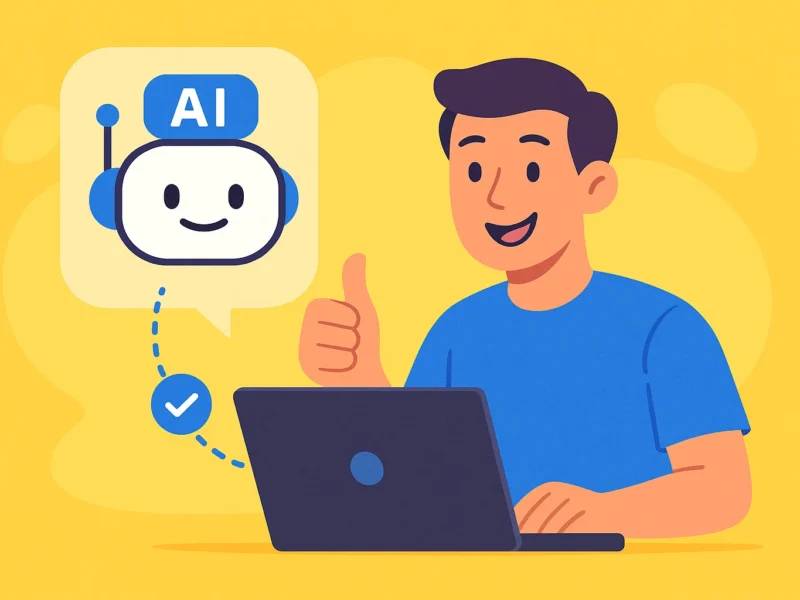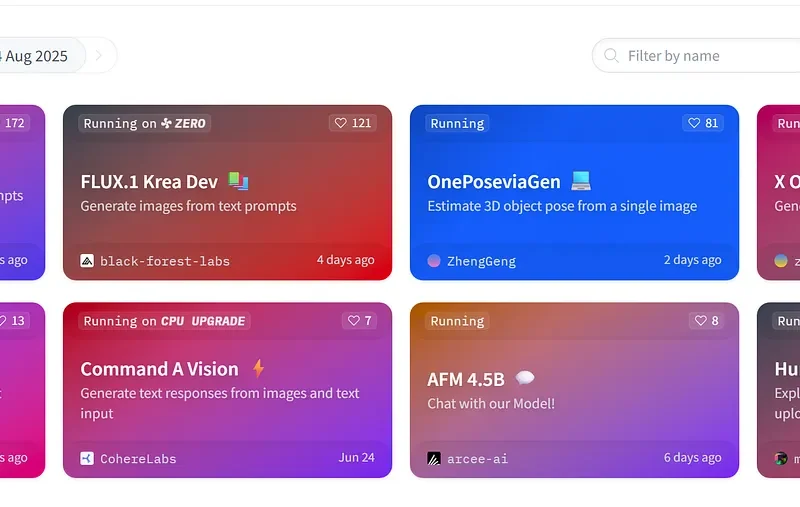OpenAI has announced a new initiative, OpenAI for Science, with the goal of creating an AI-powered platform to accelerate scientific discovery. This project aims to develop what the company describes as “the next great scientific instrument,” utilizing artificial intelligence to streamline and enhance various aspects of the scientific process.
Kevin Weil, Chief Product Officer at OpenAI, announced the initiative via a post on X, a social media platform. Weil will lead the OpenAI for Science project. The announcement indicated that OpenAI plans to assemble a dedicated team to work on this project. This team will include new hires and existing OpenAI researchers.
The recruitment strategy emphasizes the selection of “world-class” academics who are described as being “completely AI-pilled.” The post specified that candidates should also be strong science communicators. The company is seeking individuals with expertise in both scientific research and the application of artificial intelligence, as well as the ability to effectively communicate complex scientific concepts.
Details regarding the specific timeline for the OpenAI for Science initiative remain limited. Weil stated in his X post that additional information regarding the project and its development would be released in the coming months. The absence of a concrete timeline suggests that the project is still in its early stages of planning and development.
Weil’s announcement highlighted the potential of GPT-5, OpenAI’s newest model released the previous month, to contribute to scientific advancement. He described GPT-5 as representing “a new threshold” in AI’s capability to assist in scientific progress. As an example, Weil cited a theoretical physics paper where GPT-5 was used to generate suggestions for proofs. This suggests that OpenAI for Science may focus on using AI to assist researchers in formulating hypotheses and developing research methods.
The emphasis on GPT-5 in the announcement could be interpreted as an effort to bolster the model’s reputation. Since its release, GPT-5 has received mixed reviews, with some users expressing concerns that it does not perform as well as its predecessor, GPT-4o. By linking GPT-5 to the OpenAI for Science initiative, OpenAI may be aiming to demonstrate the model’s ability to contribute meaningfully to rigorous scientific tasks. The company could be trying to repair the model’s damaged credibility, suggesting its value in complex reasoning and practical applications.
Although not explicitly mentioned in Weil’s announcement, generative AI tools could also be applied to assist with grant writing. According to the think tank the Institute for Progress, researchers currently spend approximately 45% of their time on writing grant proposals. Generative AI models like ChatGPT could potentially streamline this process, reducing the time and effort required to secure research funding.
While AI has yet to achieve major scientific breakthroughs, such as discovering new physical laws or curing cancer, its role in mainstream science is steadily growing. AI’s current scientific capabilities are largely based on its ability to identify intricate patterns within existing data sets.
Significant progress has been made in applying AI to scientific research. For example, Demis Hassabis, CEO of Google DeepMind, and John Jumper were awarded the Nobel Prize in Chemistry for their work on AlphaFold2. This AI model predicts the structures of virtually all known proteins. Furthermore, Geoffrey Hinton, a pioneer in neural networks, and physicist John Hopfield received the Nobel Prize in Physics for their work on neural networks. Their research has become the technological basis for the current AI boom.

